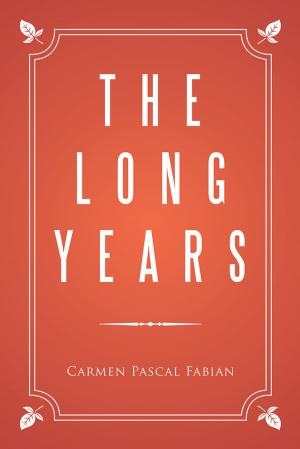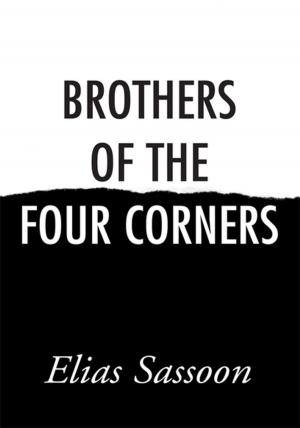A Guide for Culturally Responsive Teaching in Adult Prison Educational Programs
Nonfiction, Reference & Language, Education & Teaching| Author: | Michael Gray | ISBN: | 9781524564506 |
| Publisher: | Xlibris US | Publication: | May 14, 2010 |
| Imprint: | Xlibris US | Language: | English |
| Author: | Michael Gray |
| ISBN: | 9781524564506 |
| Publisher: | Xlibris US |
| Publication: | May 14, 2010 |
| Imprint: | Xlibris US |
| Language: | English |
Abstract of A GUIDE FOR CULTURALLY RESPONSIVE TEACHING IN ADULT PRISON EDUCATIONAL PROGRAMS by Michael Gray Brief Review of Literature Increasingly, prison education programs are multicultural environments where teachers must relate their content to inmates of varying cultures, and backgrounds. In contrast, engagement in learning is the visible outcome of motivation, and redirecting energy in the pursuit of a goal (Feistritzer & Haar, 2008). Teachers that do not understand culturally responsive teaching or have a lack of training in culturally responsive teaching may cause the students feelings of embarrassment (Feistritzer & Haar). Some people enjoy sharing personal information with others who are relatively unknown to them when teaching adults (Galbraith, 2004). Statement of Purpose The purpose of this project is to develop a handbook for the educational departments of correctional agencies in the process of in-service training for their teaching staff. The development of this project focuses on three main areas; incompatibilities in adult prison educational programs, culturally responsive teaching in adult prison educational programs, and learning theory in adult prison educational programs. Methodology The data for this study was collected and analyzed from adults currently in prison educational programs. Teachers rely on the correctional staff to guide them in styles of communication and methods for solving problems in their classroom (Cartledge, Gardner & Ford, 2009). Teachers must have a firm understanding of different cultures, gender gaps, and how different ethnic groups learn, will help the teacher become successful when they try new teaching strategies (Cartledge et al.). Conclusions and Recommendations Studies have shown that there is considerable need for education in adult prisons, and political bureaucracy is disabling prison educational programs by suffocating programs with economical demise (Campbell, 2005). Teachers become reluctant to pay the extra cost to learn andragogy teaching practices; therefore teachers are unprepared to deal with adult students that practice and demonstrate criminal behavior. Improving teachers ability to teach is obviously crucial to school success, and that is the purpose of professional development (Dipaola & Hoy, 2006).
Abstract of A GUIDE FOR CULTURALLY RESPONSIVE TEACHING IN ADULT PRISON EDUCATIONAL PROGRAMS by Michael Gray Brief Review of Literature Increasingly, prison education programs are multicultural environments where teachers must relate their content to inmates of varying cultures, and backgrounds. In contrast, engagement in learning is the visible outcome of motivation, and redirecting energy in the pursuit of a goal (Feistritzer & Haar, 2008). Teachers that do not understand culturally responsive teaching or have a lack of training in culturally responsive teaching may cause the students feelings of embarrassment (Feistritzer & Haar). Some people enjoy sharing personal information with others who are relatively unknown to them when teaching adults (Galbraith, 2004). Statement of Purpose The purpose of this project is to develop a handbook for the educational departments of correctional agencies in the process of in-service training for their teaching staff. The development of this project focuses on three main areas; incompatibilities in adult prison educational programs, culturally responsive teaching in adult prison educational programs, and learning theory in adult prison educational programs. Methodology The data for this study was collected and analyzed from adults currently in prison educational programs. Teachers rely on the correctional staff to guide them in styles of communication and methods for solving problems in their classroom (Cartledge, Gardner & Ford, 2009). Teachers must have a firm understanding of different cultures, gender gaps, and how different ethnic groups learn, will help the teacher become successful when they try new teaching strategies (Cartledge et al.). Conclusions and Recommendations Studies have shown that there is considerable need for education in adult prisons, and political bureaucracy is disabling prison educational programs by suffocating programs with economical demise (Campbell, 2005). Teachers become reluctant to pay the extra cost to learn andragogy teaching practices; therefore teachers are unprepared to deal with adult students that practice and demonstrate criminal behavior. Improving teachers ability to teach is obviously crucial to school success, and that is the purpose of professional development (Dipaola & Hoy, 2006).















